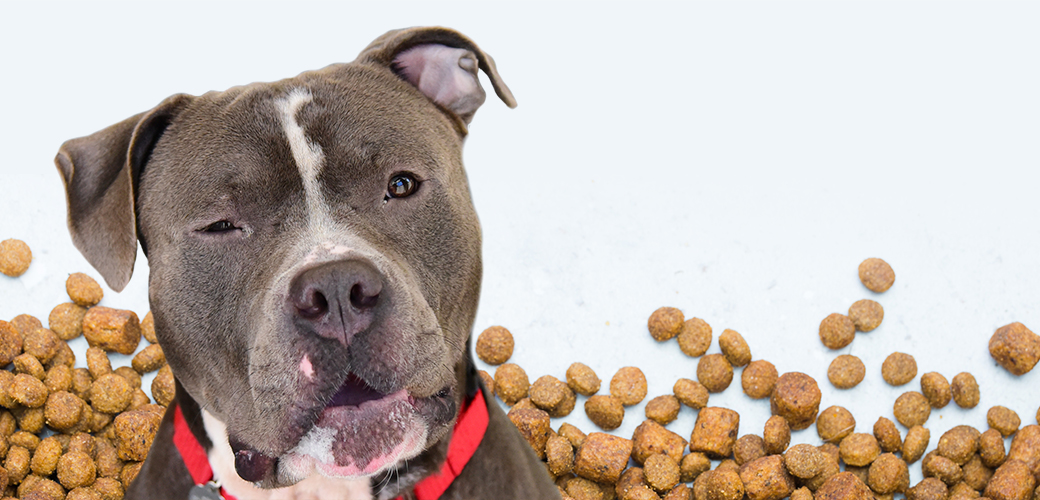

Deciding what to feed your pet can be a daunting task. Americans now spend over $31 billion each year on pet food and there are dozens of different companies, each having a variety of diets to choose from. Most pet food companies are experts at advertising and quick to promote “trendy” diets, even if they may not be the best food for your pet. It has recently come to light that this may be the case for grain-free or BEG (boutique, exotic, grain-free) diets for dogs.
What’s the Cause for Concern?
Over the past couple of years, veterinary cardiologists noticed an increase in the number of dogs they saw who had dilated cardiomyopathy (DCM), a heart condition that decreases the heart’s ability to pump blood. There are some dog breeds that are more likely to develop DCM, but the cardiologists were diagnosing the condition in breeds without a known genetic predisposition, so the Federal Drug Administration (FDA) began an investigation.
What Did the FDA Find?
The FDA received 515 reports of DCM in dogs between January 1, 2014, and April 30, 2019. When they looked into what these dogs were eating, they found that 90% were on a grain-free food and 93% were on diets that contained peas and/or lentils. The foods were tested for minerals, metals and amino acids and no significant abnormalities were found.
What Does This All Mean?
A relationship between grain-free diets and the development of DCM hasn’t been fully proven. However, there are numerous reports of dogs with DCM whose condition improved or completely resolved after they were taken off a BEG diet and started on a special amino acid supplementation (Taurine). The short answer is, we still don’t know why this is happening, but it appears that DCM is more likely to occur in dogs who are only eating BEG diets.
What Should You Do if Your Dog Is on a Grain-Free Diet?
If your dog eats a BEG diet, they should be closely monitored for any signs of heart disease by your veterinarian or even a veterinary cardiologist. If your dog has a food allergy, there are alternatives to grain-free diets and exotic ingredients that have no known health risks.
How Should You Select a Food for Your Pet?
When selecting a diet for your pet, the best advice is to ask your veterinarian. Veterinarians receive training in animal nutrition while in school and at educational conferences throughout their career; they are much better suited to advise you about proper diets than a pet store employee. It is worth noting that there have been no reported cases of dogs developing nutritionally mediated DCM while eating a food that meets the World Small Animal Veterinary Association (WSAVA) guidelines, so that is a good place to start.
Source: Read Full Article
